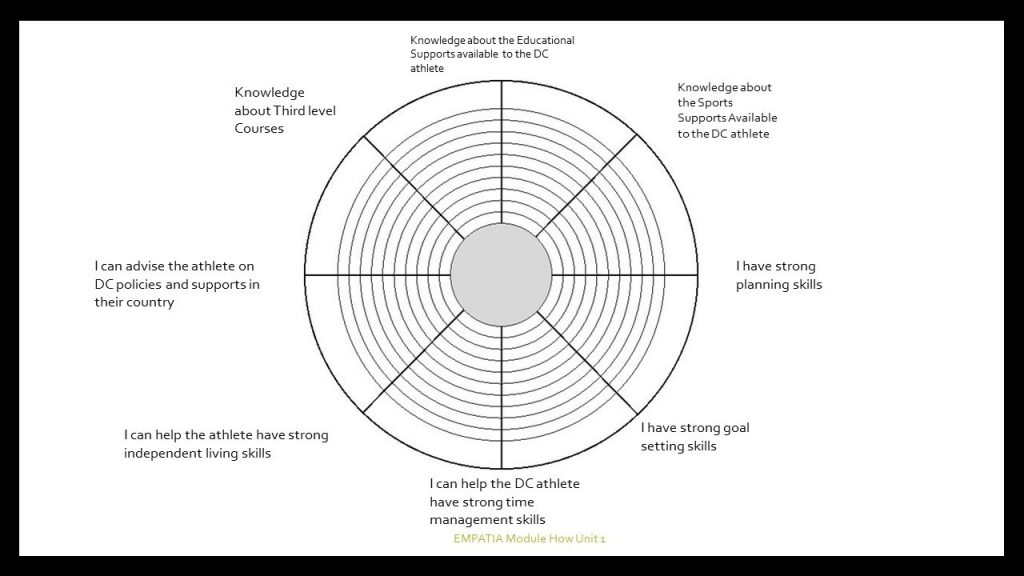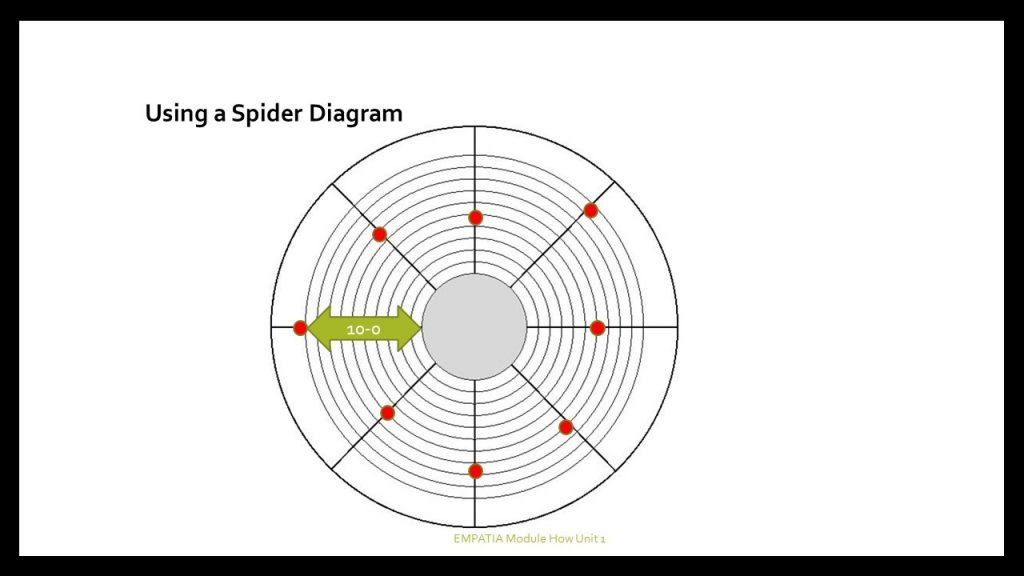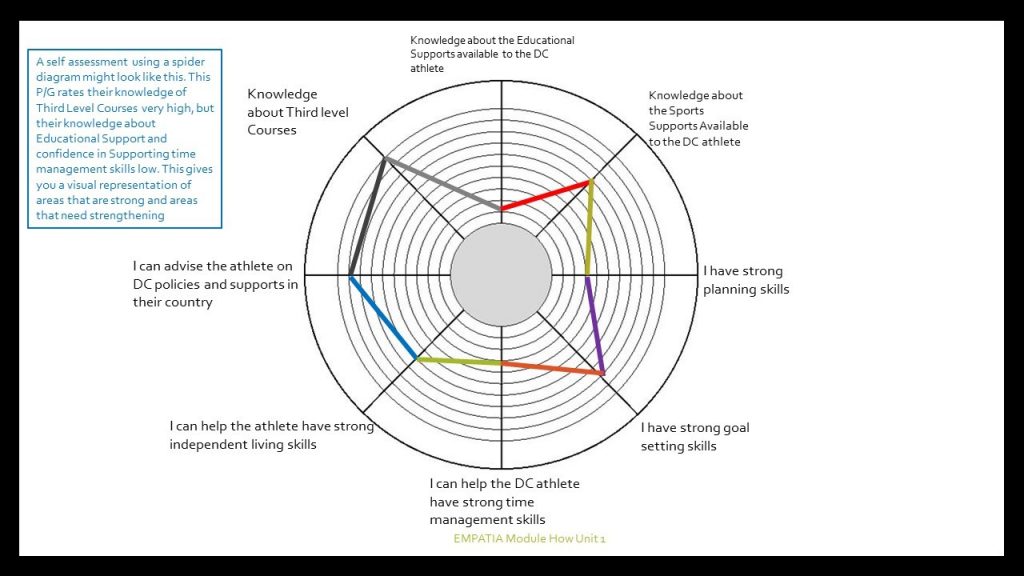“We do not learn from experience… we learn from reflecting on experience.” ― John Dewey
Holistic lifespan perspective
One of the greatest challenges for young Dual Career athletes is to have an effective and comprehensive plan that covers all aspects of their Dual Career lives, not just in the here and now but in the short to medium term future. This is where the Parent/Guardian can work with the Dual Career athlete most effectively. By contributing experience, objectivity and concern the Parent/Guardian can co-develop a plan that helps an athlete meet their academic and sporting goals. The Parent/Guardian’s role is to ensure the plan is pitched at the right level, is ambitious but doesn’t provide additional stress or burnout, is appropriate and achievable and they can act as the quality controller to ensure the plan is actioned by the Dual Career athlete.
One of the major recent trends in applied sport psychology is a focal shift from the performance-enhancement perspective to the holistic lifespan perspective (Alfermann & Stambulova, 2007; Stambulova, Alfermann, Statler, & Cot ˆ e, 2009; Wylleman & Lavallee, 2004). The advocates of the holistic lifespan perspective treat athlete’s as individuals doing sports alongside other things in their lives. Within this perspective, an athletic career is seen as an integral part of a life-long career. Helping athletes achieve both athletic and personal excellence and use athletic experiences for the benefit of a life-long career have become the major objectives of career assistance to athletes (Gordon, Lavallee, & Grove, 2005; Stambulova, 2010).
Self-assessment for the Athlete
Athletes often go through a performance profile to assess their strengths and weaknesses in terms of performance. This profile should then introduce them to the things they need to work on. It helps to set goals and monitor progress, and shows gaps that the athlete thinks he or she has. This performance profile is often done with the coach to determine if the coach and athlete agree on what needs to be improved and what the performance goals should be. Profiling is usually done in the following areas: mental, physical, technical, tactical, personal, lifestyle.
Self-assessment for the Parent/Guardian
Why is it important? By reflecting on what knowledge and skills you do have it will make you more aware of the areas you need to strengthen and seek help in.
Why do it? Profiling is a very effective tool that will help your awareness of yourself and you skills and resources in helping the Dual Career athlete in planning their sporting and academic careers, especially through the transition to University. You will in this exercise evaluate your knowledge and skills in key areas of the Dual Career planning process where you can be of assistance to the Dual Career athlete. This will focus your need for information and learning and for your own self improvement process to be the best support you can be to the athlete.
We have identified some key areas of knowledge and skills that will assist the planning process for the Dual Career athlete and where the Parent/Guardian can be a great facilitator if they have the right skills.
This exercise is for the Parent/Guardian to complete for themselves.
Self-assessment areas for the Parent/Guardian
Asses your own capabilities under the following headings:
- I have knowledge about third level courses.
- I have knowledge about the educational supports available to the Dual Career athlete.
- I have knowledge about the sports supports available to the Dual Career athlete.
- I have strong planning skills.
- I have strong goal setting skills.
- I can help the Dual Career athlete have strong time management skills.
- I can advise the athlete on Dual Career policies and supports in their country.
- I can help the athlete have strong independent living skills.
Do this assessment by giving yourself marks out of 10. 10 being the highest level of knowledge in the area using a spider diagram.

For each of the questions mark a dot.

And then joining the dots gives you a good indication of your own assessment of your strengths and weaknesses in this area, for example:

